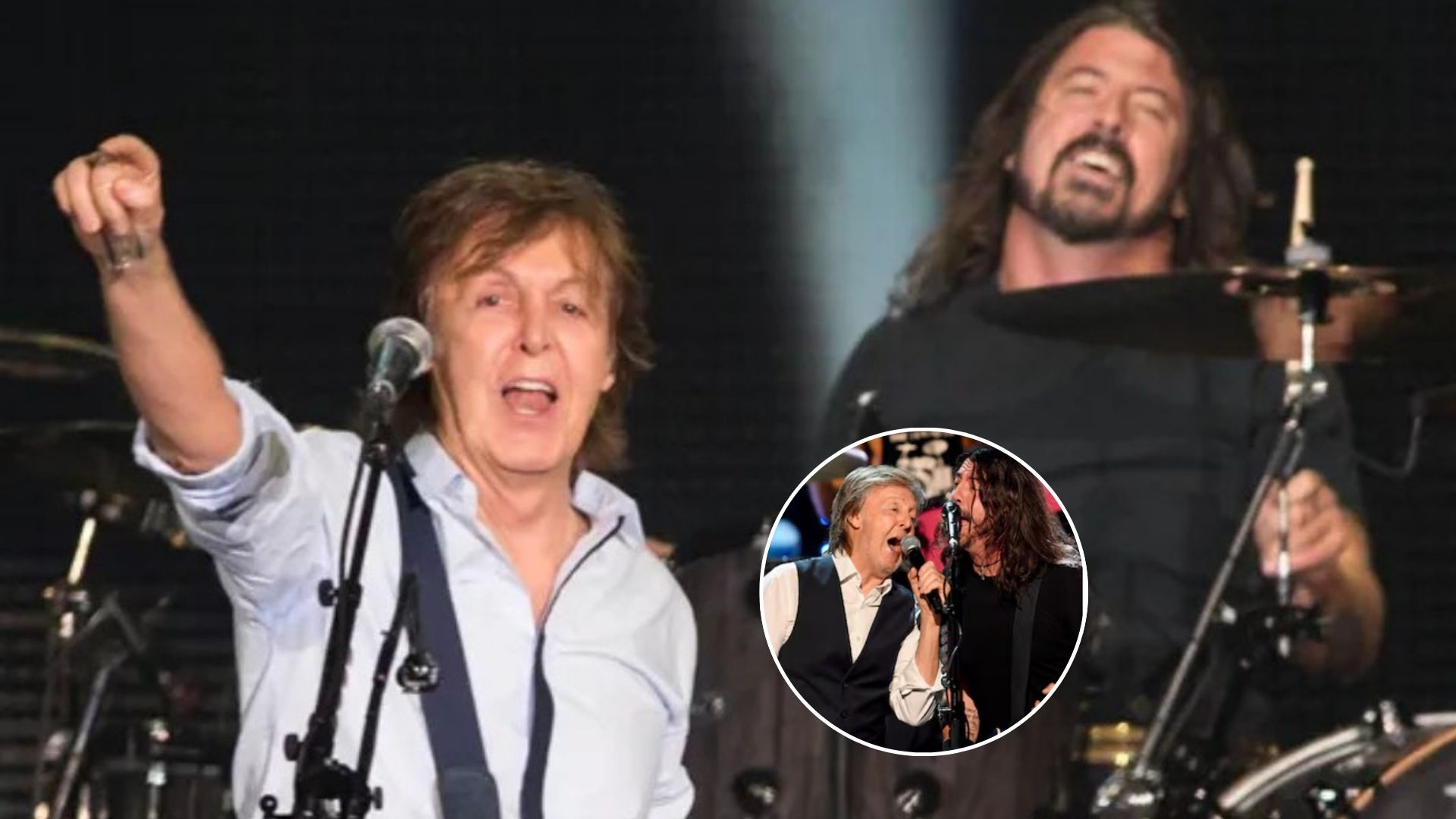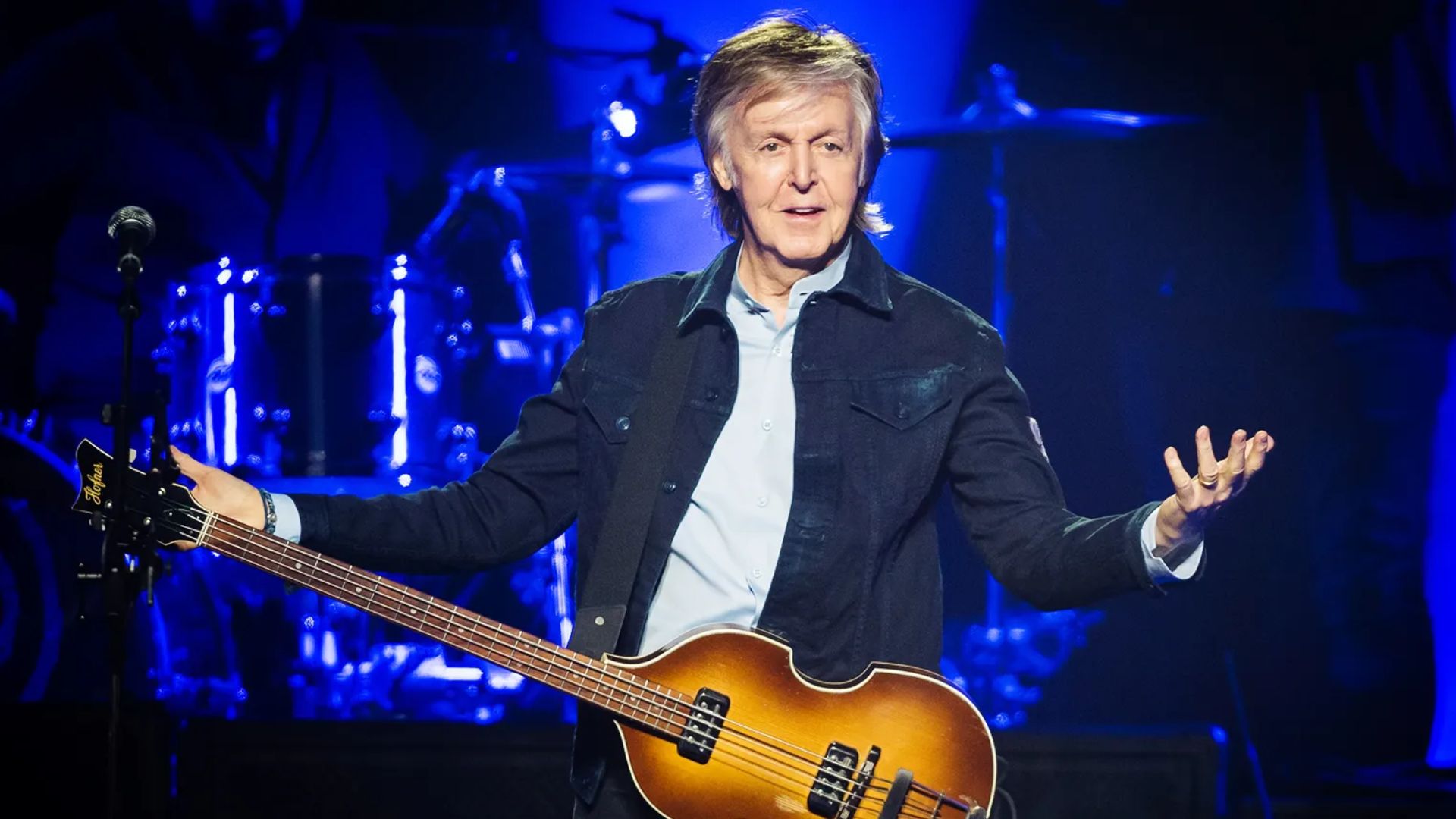
When The Beatles released “Get Back” in 1969, it became more than just another hit single — it was a song that captured the raw, back-to-basics spirit of a band searching for renewal in its final chapter. Written primarily by Paul McCartney, the track carried an urgency and simplicity that stood in contrast to the elaborate studio productions of Sgt. Pepper and The White Album.

From the opening riff, “Get Back” feels alive, immediate, and unpolished — the sound of a band plugged in and playing with instinct. Paul’s lead vocal brims with energy, almost playful, while his driving bass anchors the groove. John Lennon’s rhythm guitar adds grit, Ringo Starr’s drumming provides steady propulsion, and Billy Preston’s electric piano brings a soulful sparkle that elevates the track into something joyous.
Lyrically, the song is deceptively simple, with Paul weaving together playful verses that carry both humor and subtle commentary. Yet the heart of “Get Back” lies not in the specifics of the words, but in the feeling — a call to return, to strip away excess, to reconnect with something pure. In that way, it mirrored the Beatles’ own desire to rediscover themselves as a band playing together, not just layering studio experiments.
The song reached its most legendary moment on the rooftop concert of January 1969, the Beatles’ final live performance together. With the London sky above them and the city buzzing below, they launched into “Get Back” with a looseness and joy that belied the tensions around them. Paul’s voice rang out into the cold air, Billy Preston’s piano shimmered, and for a fleeting moment, it felt like the Beatles were a live band again — four friends making music for the sheer thrill of it.
What makes “Get Back” endure is that spirit of immediacy. It doesn’t carry the philosophical depth of “Let It Be” or the grand sweep of “Hey Jude,” but it doesn’t need to. It’s a reminder of the Beatles’ roots — rock and roll played with energy, wit, and chemistry that no one else could match.
In the end, “Get Back” is both a song and a statement. It’s the Beatles stripping away the artifice, inviting us to remember where it all began. And in those rooftop chords — ringing through the air one last time — we hear not just a band near its end, but the eternal spark that made them unforgettable.